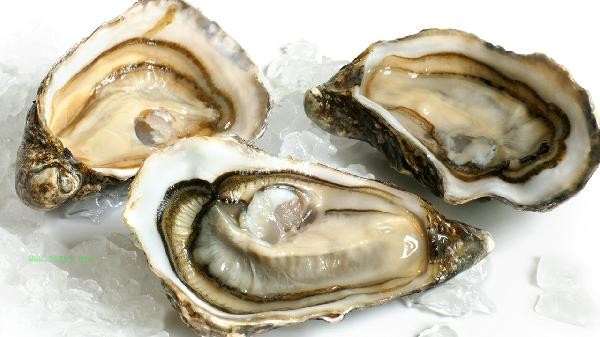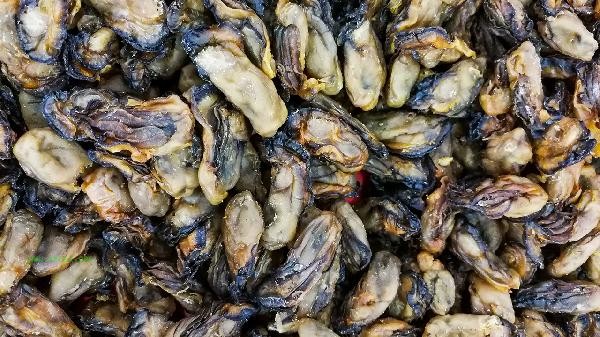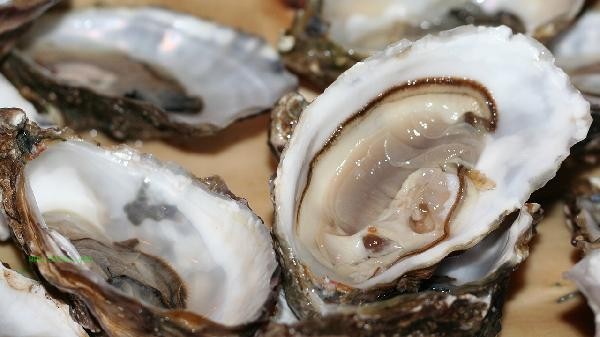Oyster powder is generally suitable for babies to supplement in moderation, but it needs to be adjusted according to age and physical condition. Oyster powder is rich in minerals such as zinc and calcium, which are beneficial for the growth and development of infants and young children, but may cause allergies or indigestion. The zinc element in oyster powder has a positive effect on the immune and taste development of babies, and its natural mineral components are easier to absorb than synthetic supplements. Babies who have been fed with complementary food for more than 6 months can try it in a small amount. For the first time, it is recommended to mix oyster powder into rice paste or Congee, and observe whether there are allergic reactions such as rash and diarrhea. Choose oyster powder products that meet the standards for infant and toddler food, avoid adding salt or seasonings, consume no more than twice a week, and control the single dose to 1-2 grams.

Premature infants, babies with seafood allergies or weak gastrointestinal function should be used with caution. Some oyster powder may have a risk of heavy metal residue, and long-term excessive intake may affect liver and kidney metabolism. If the baby suffers from allergic diseases such as eczema and asthma, or is taking mineral supplements such as iron, it is necessary to consult a doctor before deciding whether to add them. The processing technology of commercially available oyster powder varies greatly, and it is recommended to choose the type of low-temperature defatting treatment to reduce allergenicity.

Adding oyster powder to babies should be gradually adapted from small amounts, and it is safer to prioritize supplementing nutrition through fresh oyster puree. Daily observation of bowel movements and skin reactions, combined with vegetables and fruits rich in vitamin C, can promote mineral absorption. If the family has a history of seafood allergies or if the baby has chronic diseases, it is recommended to use nutritional supplements under the guidance of a pediatrician and regularly monitor trace element levels to avoid excessive intake.









Comments (0)
Leave a Comment
No comments yet
Be the first to share your thoughts!